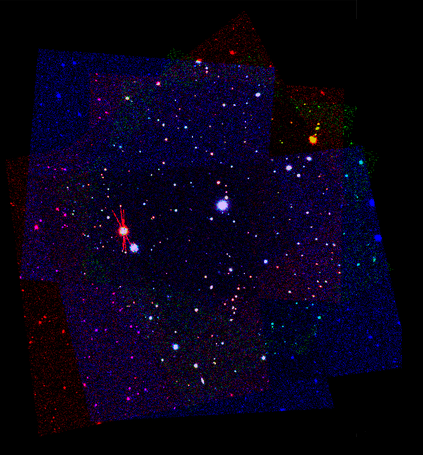In this tutorial we assume you have installed SourceXtractor in some manner, and that it is in your PATH environment. If it is not the case, please have a look at the documentation from the main project and follow any of the installation procedures there.
The FITS files are contained in this repository using git lfs. If you do not have git-lfs installed yet, you may either get the package from your Linux distribution (e.g., sudo dnf install git-lfs on Fedora distributions) or follow the instructions below:
mkdir -p ~/.local/bin
wget https://github.com/git-lfs/git-lfs/releases/download/v2.8.0/git-lfs-linux-amd64-v2.8.0.tar.gz
tar xzf git-lfs-linux-amd64-v2.8.0.tar.gz -C ~/.local/bin/
rm git-lfs-linux-amd64-v2.8.0.tar.gz
# If ~/.local/bin is not already in your path
export PATH="$PATH:$HOME/.local/bin"Once git lfs is installed you may retrieve the tutorial and the FITS data with:
git clone https://github.com/astrorama/SourceXtractorTutorial
cd SourceXtractorTutorial
git lfs install
git lfs pullHere is a colored version of the test images. You can clearly see there are three bands, with three images each. It is also clearly visible that they are not only rotated and shifted, but there is also a shear effect.
SourceXtractor uses the WCS headers of the images to do the necessary transformations during measurement or model fitting.
The tutorial includes three different configuration sets:
